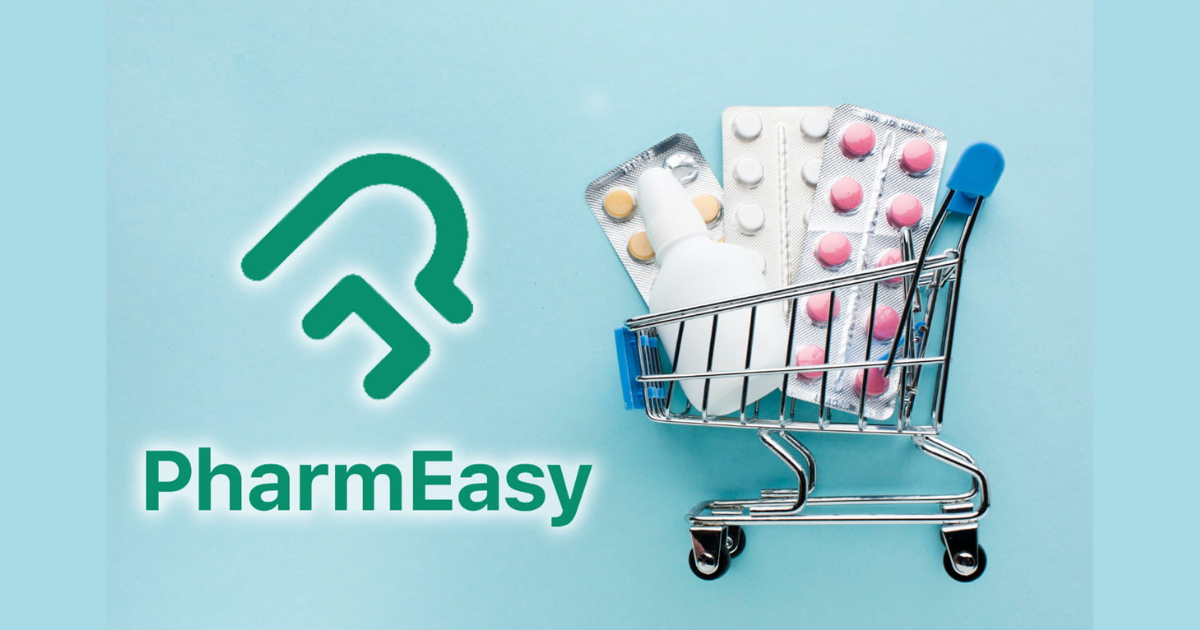PharmEasy, the e-pharmacy unicorn, has reportedly breached its loan covenant terms with Goldman Sachs, just one year after securing high-cost debt from the US-based lender.
According to the loan terms, PharmEasy was required to raise an equity round of approximately INR 1,000 crore ($120 million) linked to its burn rate. However, the company has been unsuccessful in raising the round despite a year of attempts and the postponement of its initial public offering (IPO).
In August 2022, the unicorn borrowed INR 2,280 crore ($285 million) from Goldman Sachs to repay a previous debt it had taken from Kotak Mahindra Bank for the acquisition of Thyrocare. The loan was structured as a five-year arrangement with an annual interest rate of 17-18%.
PharmEasy had anticipated using the proceeds from its proposed INR 6,250 crore IPO to pay off INR 2,000 crore of its debt. However, the company has since rescheduled its IPO plans to 2025.
Although PharmEasy has not defaulted on any payment obligations thus far, it continues to service its high-cost debt, having repaid only $50 million to date.
This development follows recent reports that PharmEasy initiated a rights issue to raise up to INR 750 crore through convertible notes in October 2022. It successfully raised INR 650 crore through the rights issue from existing investors including Prosus Ventures, Temasek, TPG Growth, and others.
During the fiscal year ended March 31, 2022, PharmEasy’s revenue from operations increased to INR 5,729 crore from INR 2,235 crore in FY21. However, the company’s losses also rose to INR 2,731 crore in FY22 compared to INR 641 crore in FY21.
Loan covenants are independent agreements between borrowers and lenders that outline the borrower’s obligations. A violation of these agreements is considered a technical default.
The terms of the covenant potentially grant Goldman Sachs the ability to acquire the entire company or its most profitable arm, Thyrocare. All of the assets of PharmEasy’s parent company, API Holdings, have reportedly been used as security for the loan.
PharmEasy is currently in negotiations to restructure the debt or secure equity funding. Sources close to the company suggest that it may need to raise less capital than initially planned due to a significant reduction in its burn rate and the expectation of a turnaround in its business.
In recent months, PharmEasy has faced challenges, with investors Neuberger Berman and Janus Henderson marking down its valuation to $2.8 billion amid a valuation markdown trend for Indian unicorns.



![[CITYPNG.COM]White Google Play PlayStore Logo – 1500×1500](https://startupnews.fyi/wp-content/uploads/2025/08/CITYPNG.COMWhite-Google-Play-PlayStore-Logo-1500x1500-1-630x630.png)